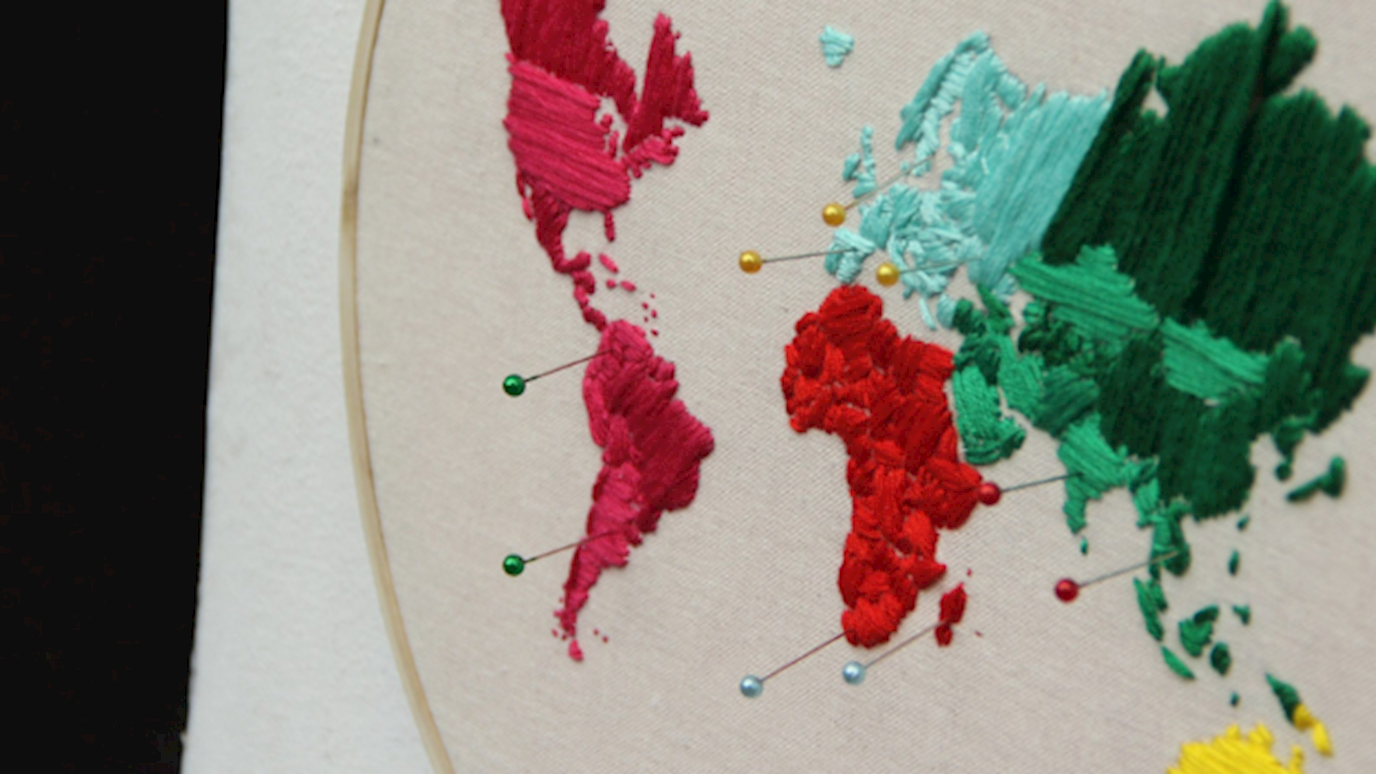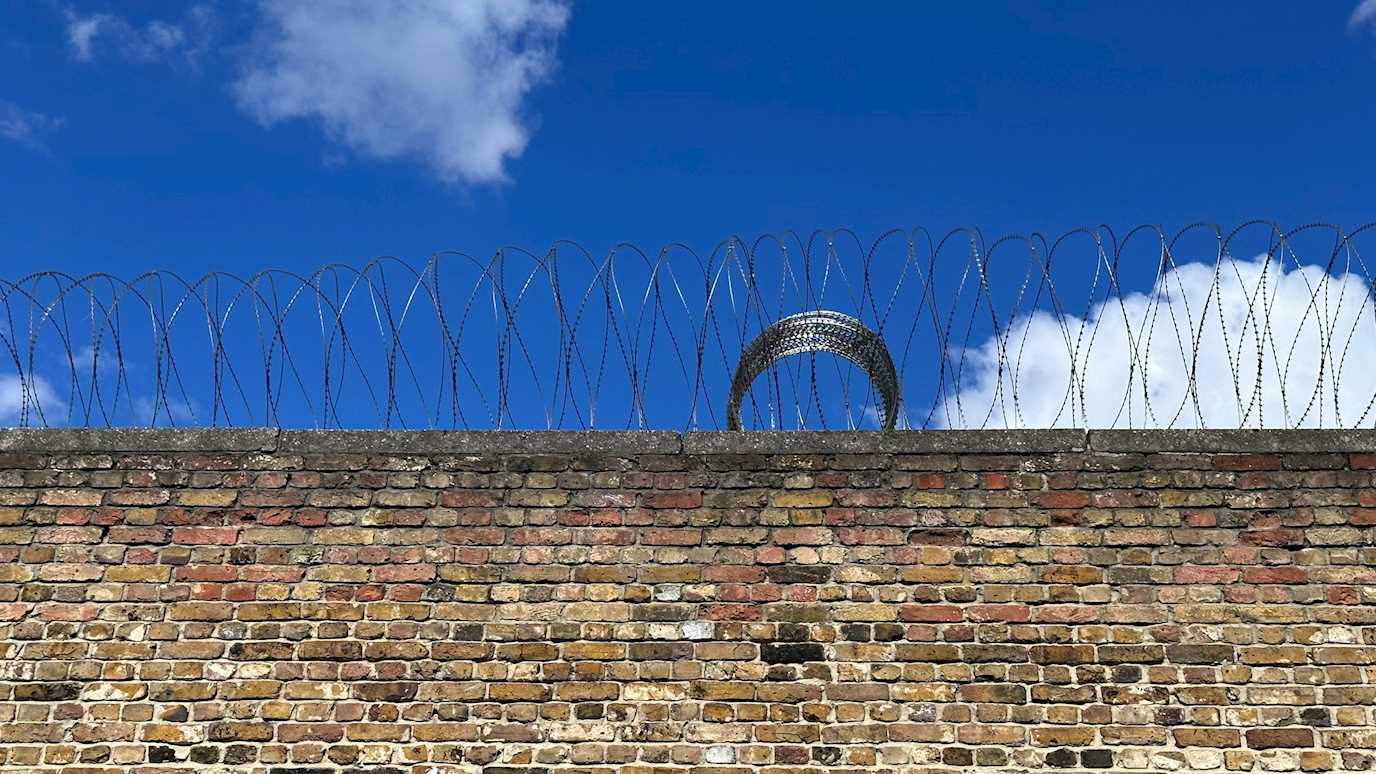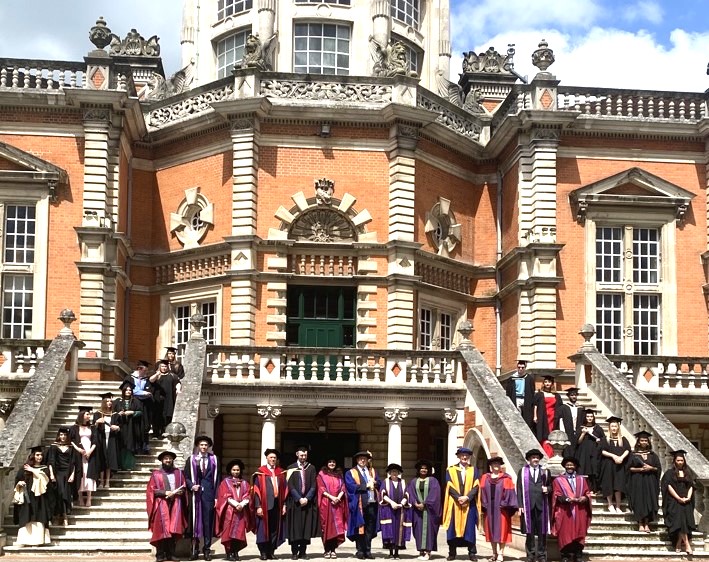Join women from the Afghanistan and Central Asian Association, legal researchers from Royal Holloway, University of London, and others, over Afghan tea and cake to learn about human rights law’s purpose, problems and potential. Date: 18 November Time: 6:30pm - 8pm

Universal dignity, equality and rights will be connected to our own experiences through artwork, sewing and discussions between participants, by exploring what everyday habits and material objects tell us about ourselves and each other. Professor Jill Marshall, a human rights specialist, will discuss aspects of French author Georges Perec’s work including his questioning of our everyday habits and things around us and connect this to human rights. ‘Perec’ packs of paper, pens, sewing kits and open questions will be provided to those who can attend in person – subject to COVID19 regulations – and for others via Zoom or phone, open questions and a summary of some issues will be sent digitally. Otherwise, a sewing needle, some thread and a small piece of material and or a pen and paper is all that is needed.
The café will be online and potentially for a small group at ACAA’s community hub in Feltham in London. No sewing or art expertise required.
You can sign up here https://beinghumanfestival.org/event/afghan-women-small-spaces-cafe/
This event is funded as part of Being Human Festival. A celebration of humanities research through public engagement, it is led by the School of Advanced Study at the University of London, the UK’s national centre for the pursuit, support and promotion of research in the humanities, in partnership with the Arts and Humanities Research Council and the British Academy.
In November each year the festival brings together universities, museums, galleries, archives, independent research organisations, community and commercial partners to make research in the humanities accessible to non-specialist audiences and demonstrate its relevance to our everyday lives. Every year the festival features around 300 events across the country, working with an average of around 80 universities and research organisations in 50 towns and cities each year.
























